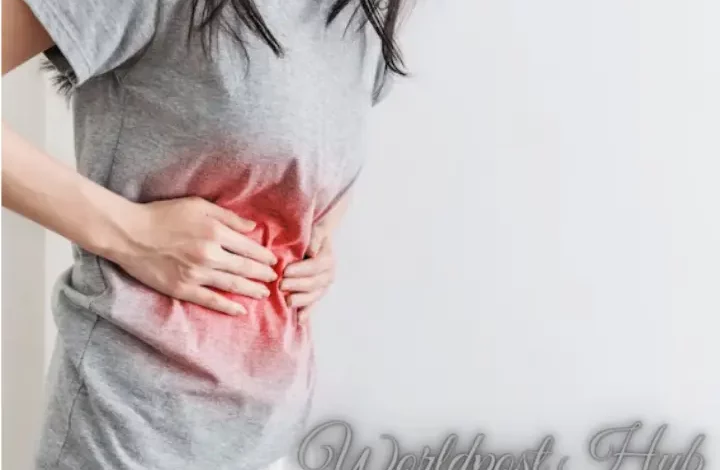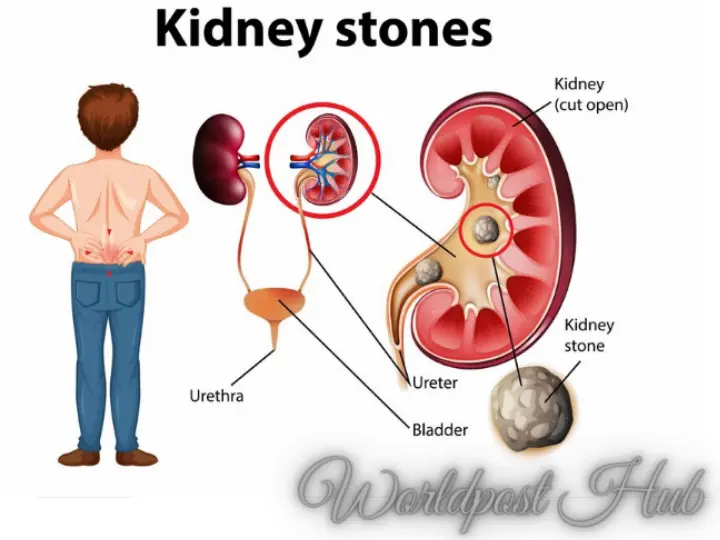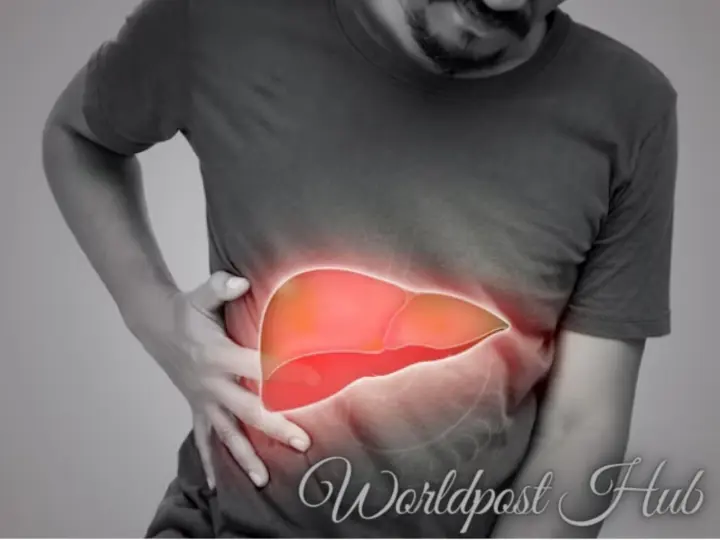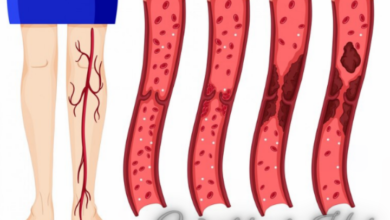An All-Inclusive Guide to Recognizing Kidney Stones and How to Treat Them

Despite their modest size, kidney stones may cause a great deal of pain and agony. We realize how important it is to provide you with information that is both factual and insightful about kidney stones so that we can assist you in navigating through this health difficulty.
What Are Kidney Stones?
Solid deposits known as kidney stones may develop in the kidneys when certain components of urine, such as calcium, oxalate, and phosphorus, reach very high concentrations. Kidney stones are the result of this process. These crystals have the ability to attach to one another and create stones of varying sizes.
Types of kidney stones Calcium
Stones are the most common kind of stone and are formed when calcium interacts with oxalate or phosphate to create the stone.
Calcium Stones
Calcium Stones may be painful. These are the most common type and form when calcium combines with oxalate or phosphate.

Uric Acid Stones
Uric Acid Stones are stones that form in the urinary tract when there is an excessive amount of uric acid in the urine. These stones may be excruciatingly painful and difficult to remove.
Struvite Stones:
These stones may develop pretty rapidly and become quite huge. They are often brought on by infections of the urinary system.
Cystine Stones:
Cystine stones are a rare and inherited condition that is brought on by a disease that permits cystine to seep into the urine. The symptoms Early detection of kidney stones is essential for optimal therapy of the condition.
Watch out for the following symptoms:
A severe ache in the back or the side is an example of intense pain. Hematuria is when there is blood seen in the urine. Urging to pee more often is a symptom of frequent urination. If you believe that you have kidney stones, you should seek medical assistance as soon as possible. Causes as well as Potential Risk Factors It is essential to the prevention of kidney stones to have a solid understanding of the elements that might cause them:
Dehydration:
An inadequate intake of fluids may result in concentrated urine, which can promote the production of stones. Options in the Kitchen An increased consumption of foods high in oxalate, salt, and animal proteins may all contribute to the formation of stones.
Medical Conditions:
There are a number of illnesses and conditions, including as obesity and digestive issues, that might increase the likelihood of developing this condition. History of Kidney Stones in the Family A hereditary predisposition to kidney stones might heighten the risk of developing kidney stones.
Strategies for Preventive Measures

The Importance of Hydration
Maintaining a healthy level of hydration can help to dilute chemicals in the urine, which will reduce the likelihood of developing kidney stones. Aim to consume at least eight glasses of water per day, and much more if you participate in strenuous physical activity.
A Diet That Is Balanced
Adopt a diet that is abundant in fruits, vegetables, and grains that are whole. Reduce your intake of oxalate-rich meals as well as salt and animal proteins. For specific instructions tailored to your needs, talk to a nutritionist.
Frequent physical activity
Engaging in physical exercise is beneficial to one’s health in general, including their kidney function. Exercise on a daily basis to keep your weight in a healthy range and to lower your chance of developing kidney stones.
The Diagnosis as well as the Treatment
If you think you could have kidney stones, you should see a doctor as soon as possible. Combinations of the following are often used in diagnostic procedures: Imaging Tests, such as X-rays, CT scans, or ultrasounds, are performed to see the stones. Urine testing involves analyzing the urine for the presence of minerals and other chemicals that might lead to the formation of stones.
Various Methods of Treatment
Medication to reduce the amount of discomfort felt when passing a stone is referred to as pain management. Modifications to hydration and diet are examples of adjustments that may be made to avoid the production of stones in the future. Medical expulsion therapy refers to the use of medications to aid in the passing of stones.
Medical interventions such as lithotripsy or surgery can be required. When It Is Absolutely Necessary to Seek Immediate Medical Attention There are several circumstances that call for immediate medical attention:
Pain that is both severe and ongoing is referred to as intense pain. Fever and chills are symptoms of an infectious disease. Complete impediment to the passage of urine is referred to as obstruction. If you encounter any of these symptoms, you should get medical help as soon as possible.
Conclusion
Kidney stones are a potentially hard health concern; but, if you are informed, you will be able to take preventative measures and begin treatment at an earlier stage. At [Your Company Name], we are dedicated to providing you with insightful information that will empower you on your path toward better health.





